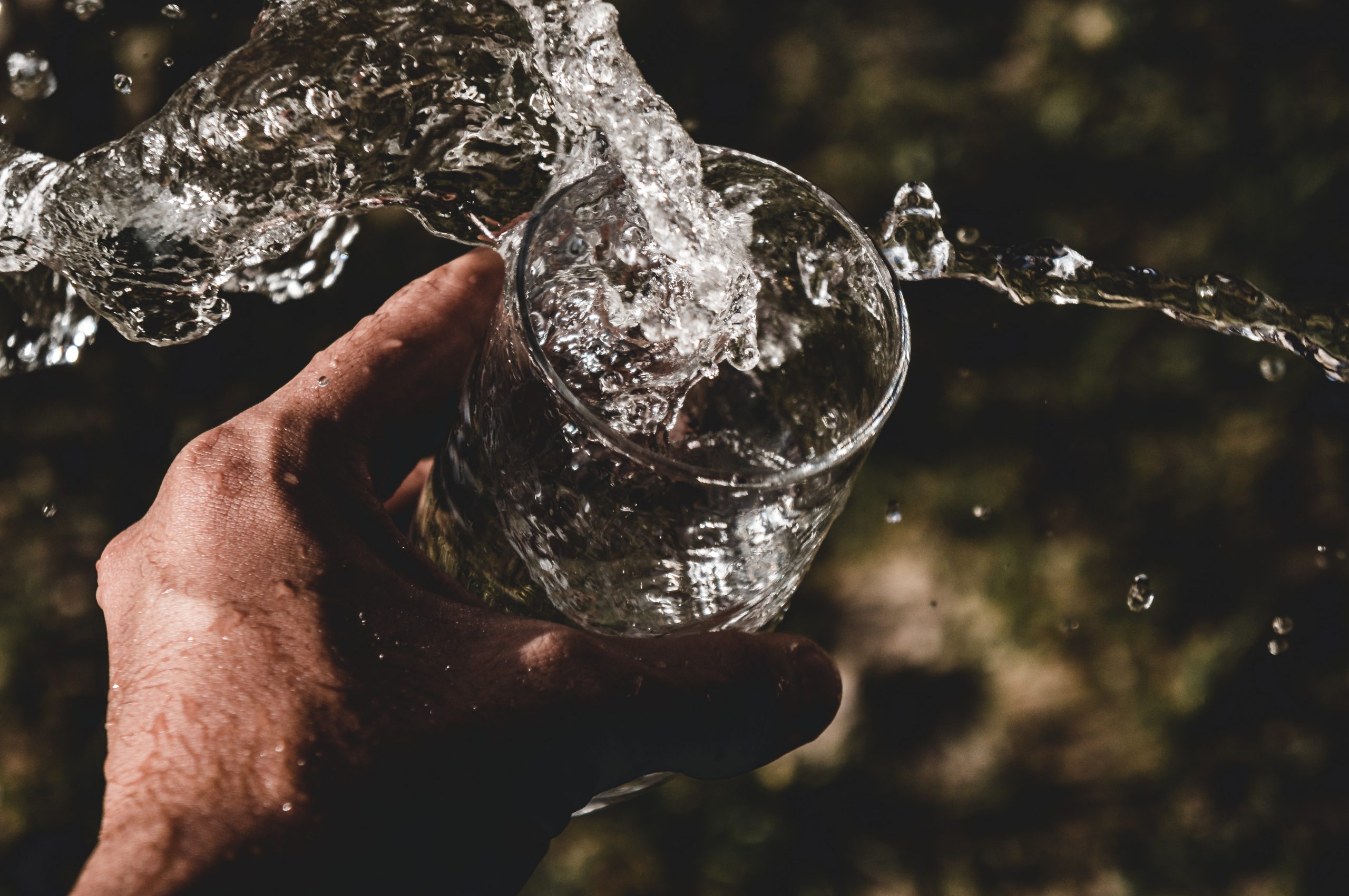Carrying Your Own Water
For a lot of people water is ubiquitous. It is available everywhere and we almost never have to think about it. You open the tap, it comes out. You flush your toilet, and the tank as rapidly filled back up. It is always there, and deceptively, it is free. Some even attach a negative value to the water that comes out of the taps as not being worthy of quenching their thirst, and buy special water for drinking.
What we have come to miss is how special and valuable water really is. We lack an appreciation of what it takes to have it. We know it is important to our survival and crucial to maintaining good health. There is always someone to remind us of how much we should drink in a day. What we miss in valuing this important resource, is that access to it is far from free and that those of us who get it in our taps are incredibly lucky. The value is hidden away by the systems that do the work of carrying the water for us. We then tend to then waste it and not treat it with respect because of lack of appreciation of what it takes to have access to it.
Those not fortunate enough to have water on their taps and have to carry it in buckets from the community wells or rivers know the true value of this resource. When you carry a 20L bucket of water over a few kilometres, one tends to be careful with how they use each litre. When washing the dishes, water is carefully placed in a container and all dishes washed with less than 5L. Instead of relying on water pressure to get rid of the food stains, actual scrubbing is used. What a person with access to tap water uses to was one plate, another person could use to wash ten. When people do the hard work of carrying their own water, their use reflects how they value it more.
Application To Other Aspects
This concept carries over to multiple aspects of life. People value things they work for and build themselves and trivialise those they get without expending any of their own effort. It is worth reflecting on the things we have in life. Thinking about how they came to be and the invisible effort it took to get them to us. This can help with developing a gratitude for the world around us and all the people and systems working tirelessly to make our lives better. With this gratitude, we will hopefully treat the things we have with respect.
To gain these other perspectives and experience it is important to interact with different people and systems who are involved in the processes. Spending some time in a rural farming community would be good to show the work that goes into growing food and make us think twice about wastages. Going into communities that carry their own water and doing it yourself for an extended time would drastically shift how you treat water in your own home.

